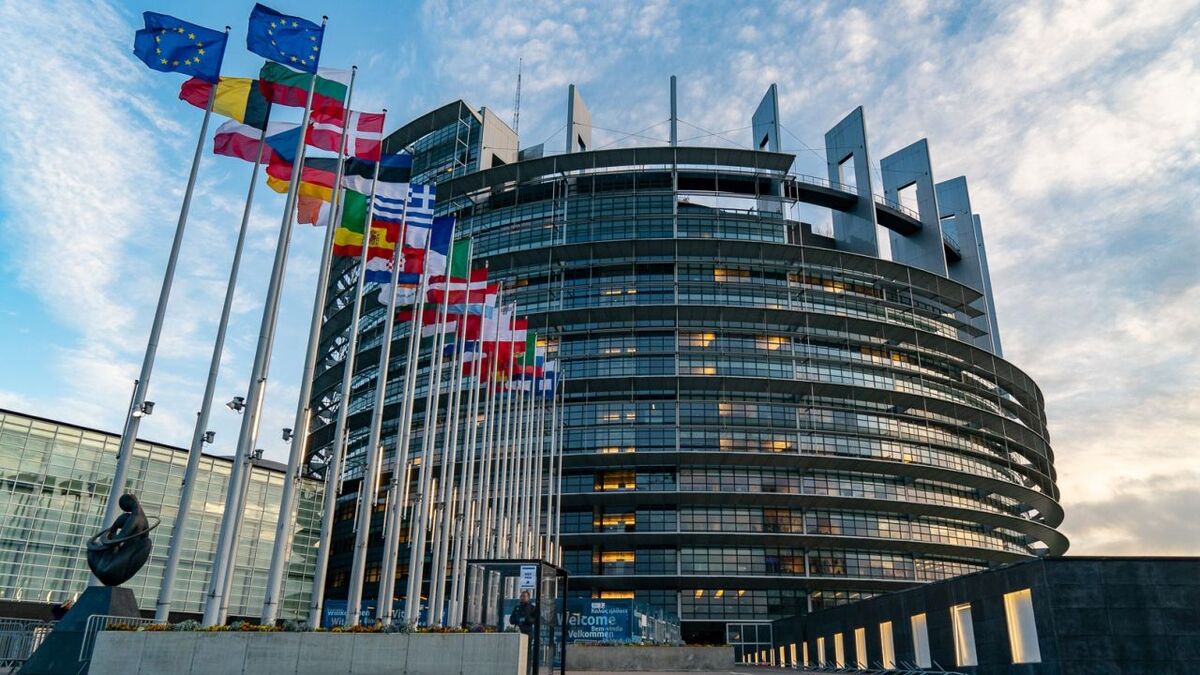EU shipowners’ conglomerate says legislation needs “robust requirements on member states” to ensure fuel suppliers in EU ports deliver compliant fuels in sufficient quantities
Working with Brussels-based environmental transport NGO Transport & Environment (T&E), the ECSA said, as written, the proposed FuelEU Maritime Regulation “falls short” on ambition and implied the legislation needed to be aligned with EU Climate Law and Paris Agreement goals.
“If adopted in its current form, the proposal might do more harm than good to shipping’s climate ambition,” the two groups said. “The responsibilities of the fuel suppliers are essential to achieve these ambitious regulatory targets as called for above (shared responsibility).”
The two organisations said they support earmarking revenues generated under the EU ETS and FuelEU Maritime to facilitate shipping’s energy transition and support fuel prices for lower-carbon fuels through the carbon contracts for difference.
ECSA and T&E also called for a high multiplier for the use of sustainable and scalable marine fuels to be introduced under the FuelEU Maritime Regulation to make the fuels cost-competitive.
“European shipowners are ready to contribute their fair share in addressing the climate crisis at EU level. But we need all hands on deck. The current FuelEU proposal does not address the responsibilities of the fuel suppliers and how cleaner and safe fuels will become available in Europe. We look forward to further co-operation with the Commission, the MEPs and the member states to come up with workable solutions,” ECSA secretary-general Sotiris Raptis said.
“The EU’s shipping fuels proposal has the potential to bring the renewables revolution to the shipping industry. But the current proposal by the Commission risks doing more damage than good. To seize this historic opportunity, the European Parliament and member states should align FuelEU’s regulatory targets with the Paris Agreement, EU Climate Law and other international commitments and incorporate into the law incentives that promote sustainable and scalable fuels like green hydrogen,” said T&E shipping programme director Faig Abbasov.






